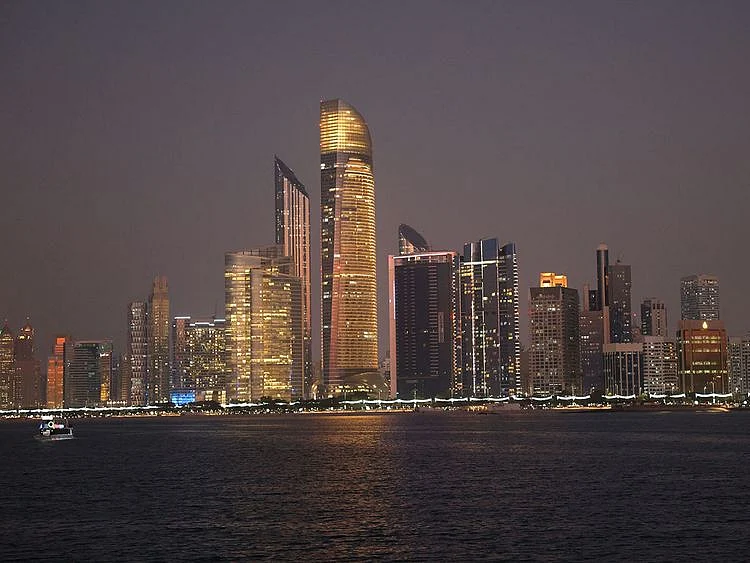Abu Dhabi to identify ‘culprit sources’ of noise pollution
Noise Committee comprising 10 government entities to direct ‘mitigation measures’

Abu Dhabi: The Environment Agency – Abu Dhabi (EAD) will map noise levels across the emirate to identify “culprit noise sources” and pinpoint the worst affected residential districts.
The information will also assist EAD in assessing the impact on each district and using the data and information gathered to create a map targeting the most affected areas.
Faisal Al Hammadi, executive director of Environmental Quality Sector at EAD, said: “Our goal at the EAD is always to ensure that we are creating the best environment for all Abu Dhabi residents. To this end, we launched the noise mapping initiative to gather detailed scientific data from a variety of locations in the emirate to highlight the sources of noise pollution and the residential areas that are the worst affected. Then we can arm ourselves with information that, in the long run, will allow us to develop temporary and permanent mitigation measures in collaboration with our stakeholders.”
Special committee
He added that a Noise Committee has been formed, comprising more than 10 government entities. The committee aims to use the noise project’s findings to determine a future path forward and explore initiatives to help each entity mitigate noise in the relevant sector it regulates.
“We started to monitor ambient noise in the emirate since 2007 through our air quality monitoring network and the current initiative is a continuation of our commitment to improve the environment. Through it, we are aiming to build a comprehensive and precise representation of noise pollution across the emirate by developing a map that will help guide our decision-making for the future,” Al Hammadi explained.
By identifying areas with high noise levels, health authorities can assess potential health risks and take necessary measures.
Additionally, city planners can use noise modelling to make informed decisions about land-use and zoning regulations. For example, sensitive areas like residential zones or schools can be protected from high noise sources, such as industrial or commercial activities.
Sign up for the Daily Briefing
Get the latest news and updates straight to your inbox
Network Links
GN StoreDownload our app
© Al Nisr Publishing LLC 2026. All rights reserved.